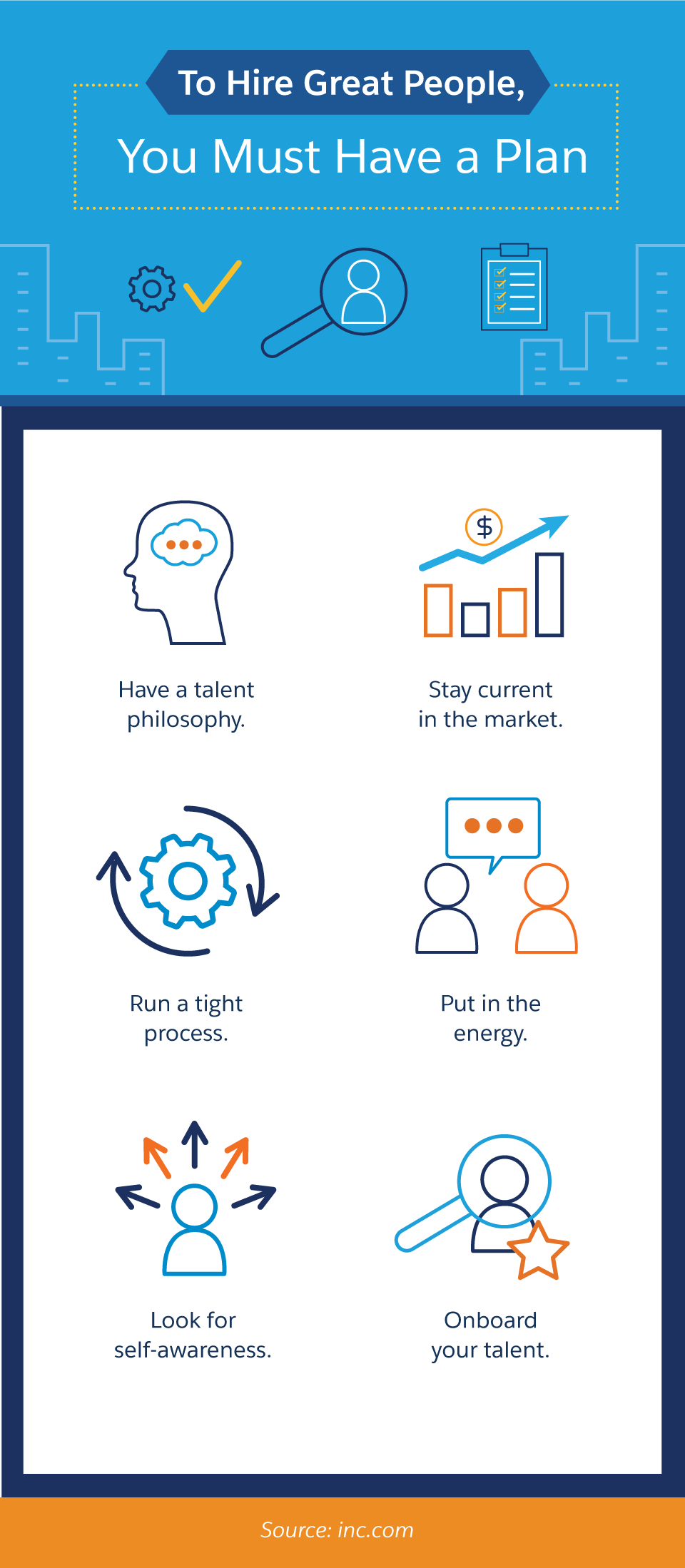Listen to enough gurus and you’ll start to believe that the only entrepreneurs who succeed are the ones willing to sleep less than four hours, wake up at 4 a.m. every morning, and live on the coast.
In reality, those stereotypes may help some entrepreneurs succeed, but none are a formula for success. Each, however well it may work for one person, doesn’t guarantee productivity or help you become a successful entrepreneur.
Here are six tips that actually can set you up for success far better than what time your alarm clock rings.

Plan your day the night before to focus on the most important thing.
The key to making sure you run a successful day — instead of letting a day run you — is to plan it the night before. Just like every winning sports team has a game plan going into each week’s game, a successful entrepreneur structures each day before it happens to avoid the common pitfalls we’ve all experienced, including:
- Distractions
- Shiny object syndrome
- Pointless meetings
- Wasted time blocks
By investing the time up front (the night before), you can block out your entire day, from when you wake up (7 a.m. perhaps?) until you go to bed. Allocate time blocks in the morning for your most important tasks, schedule email breaks during the day so you don’t mindlessly check your inbox all morning, and protect your time the way a mother bear would her cub — aggressively.
Hire a mentor.
The beauty of entrepreneurship is to take on the challenge of meeting a need in the market. We love the idea of the road not travelled and using our creativity to leave an imprint on that road.
The most successful entrepreneurs don’t travel that road alone. Whether you are a first-time entrepreneur or a serial one, find a mentor who has the experience and insight in starting and growing a business. Just like the best athletes need coaches to help them stay focused on the game plan and provide encouragement, successful entrepreneurs understand the need for a mentor to do the same.
A great relationship between a mentor and mentee can propel an entrepreneur toward faster success, help them avoid specific pitfalls and distractions, and maintain their focus during trials. A great mentor also has a habit of seeing the areas we need to improve that we lack the self-awareness to see ourselves.
Renowned author and podcaster Tim Ferriss shares a great list of tips on how you can find a mentor in this podcast episode, including volunteering.
View setbacks as opportunities.
There are two ways to view any setback in business:
- As an anchor that holds you back
- As a lesson that propels you forward
The beauty is that you get to decide which view you’ll take.

No one wants to fail, or even experience a setback in business. Unfortunately, it’s an inevitable piece of any worthwhile pursuit. Failures and setbacks happen. Most people see them as anchors tied to their leg.
And what do anchors do? They secure you to one place. You can’t drag them very far or very quickly, and you constantly look over your shoulder into the past to see if they are still there. Eventually, that anchor gets so heavy that you’re unable to move forward and past the situation, so you replay the failure over and over and over again in your head.
A successful entrepreneur, on the other hand, will view the setback through the lens of growth.
- What lessons can I glean from this situation?
- What will I need to do differently next time?
These types of questions are what allow an entrepreneur to grow and, more importantly, make better decisions the next time they’re in a similar situation.
To be a successful entrepreneur, you have to know that failures may happen, and if they do, you can use them as opportunities to grow and improve.
Hire people who are smarter than you.
In the early stages of any venture, an entrepreneur wears multiple hats. You may be cleaning the bathrooms, answering the phones, designing marketing strategies, and meeting with investors. However, if you want to be a successful entrepreneur, as soon as you can, your focus should be on building a team of people who are much smarter than you.
You can’t do everything. The person who says they can doesn’t do it all well. Remember, “jack of all trades, master of none” may work on the first day of your business, but it won’t carry you for long. You must begin to outsource the work to others on your team.
What if these high-quality people you hire eventually leave?
I’d challenge you with the opposing view: What if the people you hire aren’t as high-quality as you need, and they stay?
There’s a risk in any organization of losing great talent. However, failing to hire smart, driven people — and then failing invest in said people — can result in your business’s downfall. If you hire great people, invest in those great people, and create roadmaps for their success that align with the career goals they have in mind, then the likelihood of them staying long term increases.
As does your business’s chances of succeeding.

Create a rainy-day fund on day one.
What happens when the storm hits? For most of us, we panic. For successful entrepreneurs, it’s an event that will be weathered along the journey to success.
It’s an easy trap to fall into on day one to reinvest every profitable dollar back into the company. We tell ourselves that we’re in a growth stage and every dollar should be about acquiring new customers to build the brand.
That’s a great strategy until the storm hits and you have no spare cash to float you through it. As author Mike Michalowicz points out in his book Profit First, entrepreneurs believe that if they can just “work harder, longer, better — if we can just hold out — something good will happen.”
Most times, it doesn’t.
Cash flow is the lifeblood of any business, and to ensure your business has plenty of blood pumping, start to save small amounts of profits every month into a rainy-day fund.
Overdeliver in your product, in your relationships, and with your team.
The greatest moment in a business-customer transaction is when the customer is excited to find out they received far more than they anticipated. Think about it.
- When was the last time you received a hand-written thank you card after purchasing a product?
- When did someone (or the owner) from a company call you personally to thank you after buying?
- Have you ever had waitstaff at a restaurant remember your name, and go above and beyond to make you feel at home when dining out?
Those moments of over delivering value stand out because many companies care solely about the transaction. Successful entrepreneurs care about overdelivering on the experience.
The beauty is that it doesn’t require a large financial investment to stand out from your competitors. The three examples above don’t cost money to create; they just cost time and care. These actions don’t scale at all, but they create better customer relationships than anything at scale could.
Your alarm clock doesn’t determine your success. You do.
You can always beat the sun and roosters up each morning if that is when you work best. However, these six tips are more important to succeeding as an entrepreneur than when your alarm goes off.
Share "Forget 4 a.m. Wake-Ups: Try These Tips to Become a Successful Entrepreneur" On Your Site




